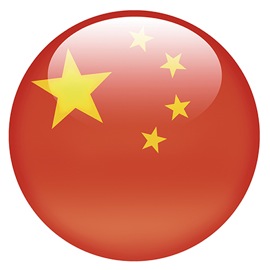Professor I Nelson Rose looks at a curious situation facing China

Macau is by far the largest gaming jurisdiction in the world. This year, the casinos in this Special Administrative Region of China are projected to win more than all of the privately owned casinos in the US - about $40bn. And Macau is not only smaller than the US, or Rhode Island; even with its reclaimed land, it would fit inside the District of Columbia six times over, with room to spare.
Imagine what business it could do if it were completely legal.
Not that the casinos are violating any Macanese laws. But restrictions in its main feeder market, mainland China, mean that inevitably some laws are being broken by individuals and companies who have made this small gaming enclave such a success.
You can start with the patrons. It is against the law for anyone from the mainland to take out more than 20,000 yuan renminbi, or about US$3,150, in cash. That’s less than $25,000 in Hong Kong dollars: a typical bet in the high-roller rooms in Macau casinos.
So, how are mainland players getting their cash across the border? The old fashioned way – smuggling. Guards at most border crossings now just wave you through, if they are even there at all. Spot checks at Macau’s borders with Zhuhai, the connecting city on the mainland, and at the two ferry terminals and the Macau Airport are extremely rare. How rare? Players are coming to Macau to gamble. They know they have a better chance of winning a life-changing jackpot on a slot machine than of losing a life-changing conviction for violating currency laws.
Read the full article in the January issue of InterGaming

